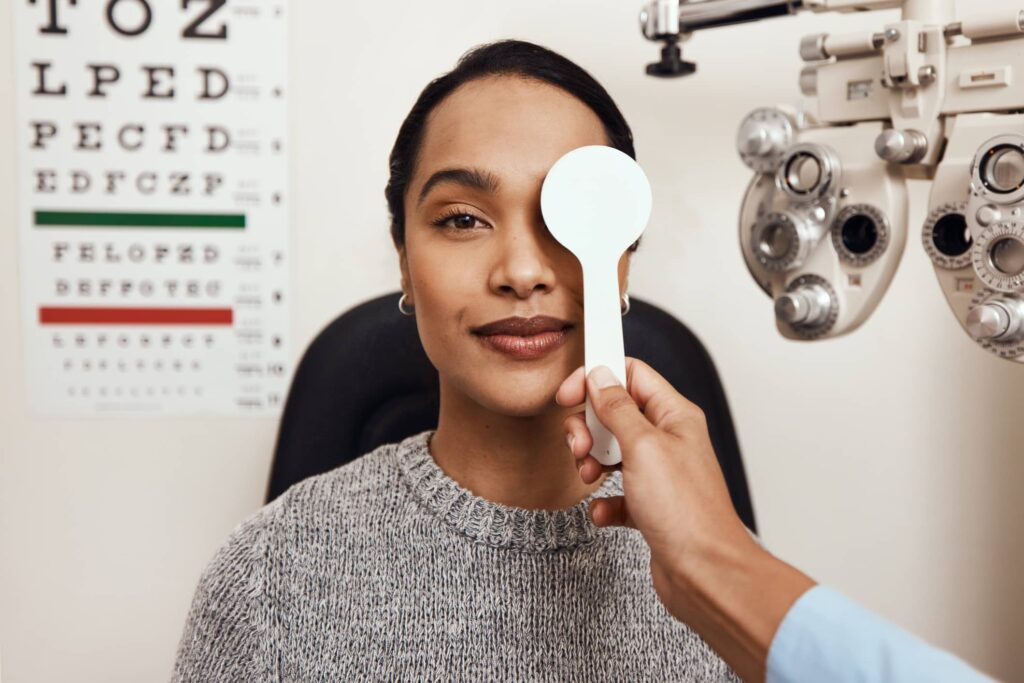All Categories
Featured
Table of Contents

Routine eye examinations are crucial for preserving good vision and identifying prospective eye wellness concerns early. The regularity of these tests can vary dramatically based on a person's age, lifestyle, and total health and wellness. Understanding the advised schedule for eye tests can help make sure that individuals of all ages get ideal treatment and surveillance for their eye health and wellness.
Infants and Toddlers (0-2 Years)
For young children and babies, eye examinations are crucial for identifying any type of possible vision issues early on. The American Academy of Ophthalmology advises that a child's initial eye exam should take place at around 6 months of age. During this initial see, the eye care expert will certainly analyze the youngster's visual growth and check for any obvious eye problems.Following this initial test, it is advised that children have one more eye exam at age three. This check out will focus on evaluating the youngster's general visual function, including eye positioning and the capability to track objects. If no concerns are detected, the next exam ought to be scheduled before the kid begins college, generally around age five or six.
School-Aged Youngsters (6-18 Years)
Regular eye examinations must be scheduled every one to two years when youngsters get to institution age. Vision is vital for learning and growth, and many institutions carry out vision screenings. These testings do not replace a comprehensive eye exam by an eye treatment professional.For kids involved in sports or tasks requiring considerable aesthetic emphasis, annual eye examinations might be recommended. Additionally, if a kid exhibits signs of vision troubles-- such as difficulty checking out, scrunching up your eyes, or constant frustrations-- a check out to the eye medical professional must be set up as soon as feasible.
Young Person (19-39 Years)
Young grownups typically have less vision changes than older age, but regular eye examinations remain necessary. The general recommendation is to schedule an eye test every two years during this period. Nevertheless, individuals with specific threat factors-- such as a family members history of eye disease, diabetes mellitus, or those who use call lenses-- should take into consideration annual eye tests.In addition, those who invest substantial time on digital gadgets might experience digital eye pressure. If signs and symptoms such as dryness, exhaustion, or blurred vision happen, it may be a good idea to see an eye treatment professional faster.
Adults (40-64 Years)
Adults aged 40 to 64 should schedule eye exams every one to two years. Eye exams can likewise help find various other common age-related conditions such as glaucoma, cataracts, and macular degeneration.If individuals in this age team have risk variables such as hypertension or diabetic issues, they might need more constant exams to check their eye health and wellness closely.
Senior Citizens (65 Years and Older)
For elders, normal eye examinations end up being also a lot more essential. The American Optometric Organization recommends that people matured 65 and older have an eye exam at least once a year.Final thought.
Recognizing the suitable timetable for eye examinations based on age is essential for maintaining ideal eye health and wellness throughout life. From babies to seniors, regular eye assessments play an important role in detecting concerns early and making sure that vision continues to be sharp. By sticking to these guidelines and speaking with an eye care professional, individuals can take positive actions toward preserving their vision and overall health and wellness. Whether it's a youngster's very first check out or an elderly's annual check-up, focusing on eye treatment is an investment in lifelong wellness.Latest Posts
Host Your Perfect Event: Venue Rental Choices for every single Celebration
Published Mar 29, 25
1 min read
Experience the Boogaloo: Eating, Drinks, & Sports at FunCity Hotel
Published Feb 03, 25
2 min read
Furnishings Styles Living Space
Published Jan 23, 25
0 min read